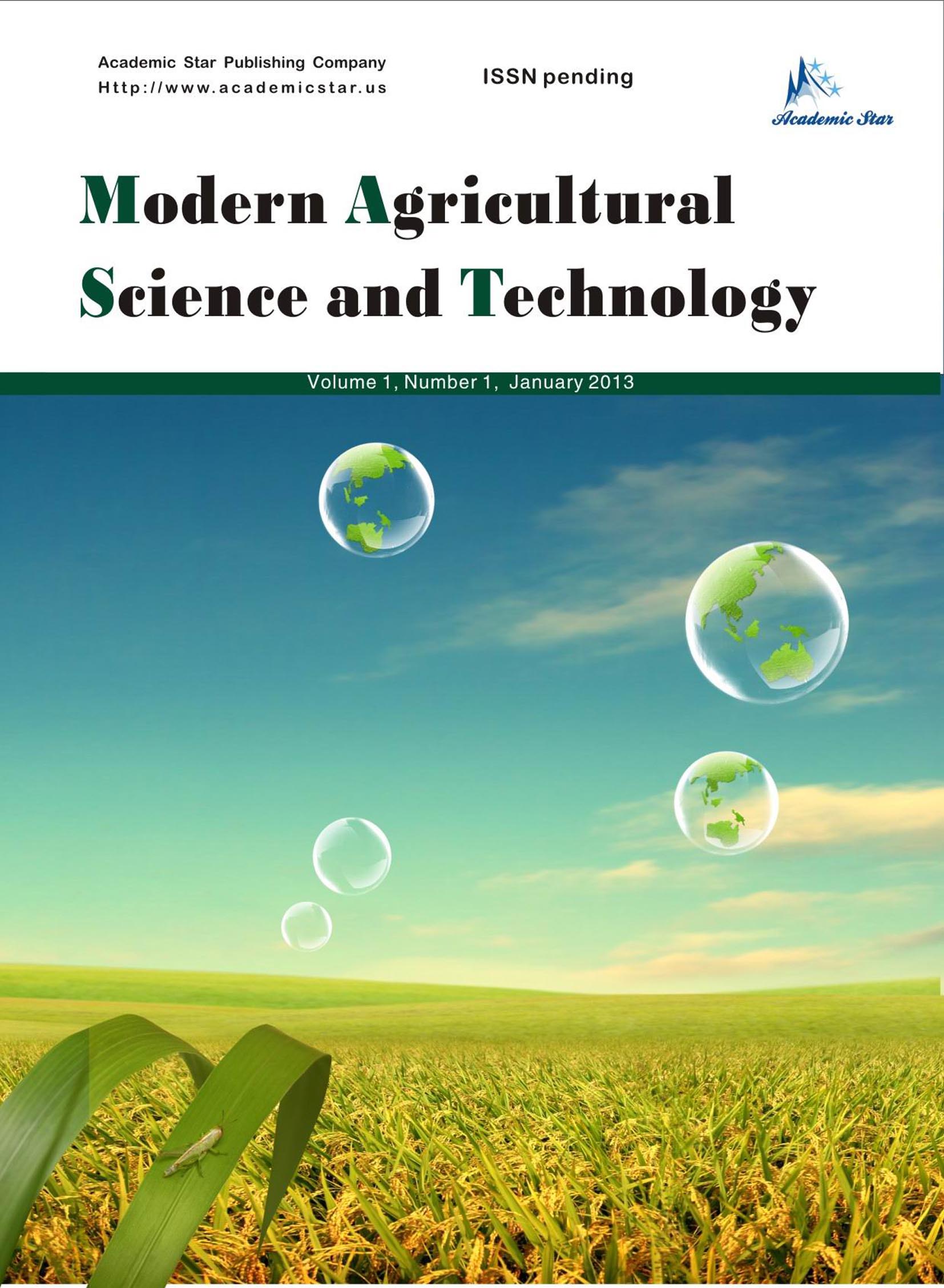
- ISSN: 2375-9402
- Modern Agricultural Science and Technology
Sustainability of Intensified Agricultural Production in the Boyne Catchment
Abstract: Food Harvest 2020 (FH2020) was devised as a national plan for intensification of Irish agriculture with specific targets to be delivered by 2020 [1]. The plan envisaged increases to output across a range of farm enterprises — dairying, beef, sheep and pigs. The motivation for this study was to examine the environmental sustainability of the Food Harvest 2020 targets. The study was carried out on the River Boyne catchment area in Ireland. A wide-ranging environmental systems analysis was carried out to assess the environmental impacts associated with the intensification of agricultural production envisaged in Food Harvest 2020. The following environmental impacts were assessed using Life Cycle Assessment (LCA) modelling: Global Warming Potential, Eutrophication Potential, Acidification Potential and Primary Energy Use. Following an extensive review of published literature and consultation with expert opinion, the Cranfield LCA Agricultural Systems Model was selected to carry out the analysis [2]. This model proved to be very suitable and it was specifically developed for agri-environmental purposes. The modelling identified significant increases in environmental impacts associated with intensification of crop and livestock production in the River Boyne Catchment. These are presented in Tables 2 and 3 respectively.
Key words: sustainability, global warming, eutrophication, acidification






